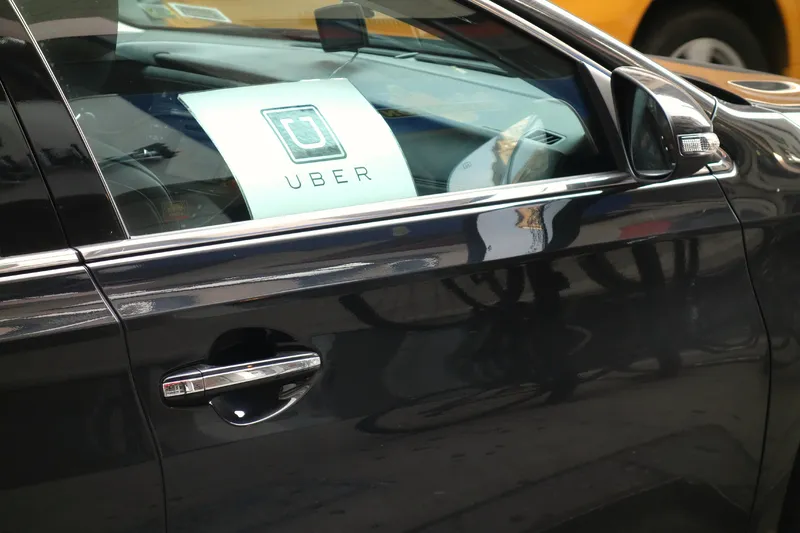Utility company Tata Power and natural gas provider Hindustan Petroleum (HPCL) are to develop a nationwide network of electric vehicle (EV) chargers in India.
Rajnish Mehta, executive director, corporate strategy planning and business development, HPCL, says this will help EV drivers overcome issues such as range anxiety.
“We believe that a robust network of charging stations is very critical for market acceptability of EVs which will also ensure last mile connectivity and thereby facilitate widespread
January 4, 2019
Read time: 1 min

Utility company Tata Power and natural gas provider Hindustan Petroleum (HPCL) are to develop a nationwide network of electric vehicle (EV) chargers in India.
Rajnish Mehta, executive director, corporate strategy planning and business development, HPCL, says this will help EV drivers overcome issues such as range anxiety.
“We believe that a robust network of charging stations is very critical for market acceptability of EVs which will also ensure last mile connectivity and thereby facilitate widespread adoption of EVs,” Mehta adds.
The chargers will be located at HPCL’s retail outlets and supply power for electric cars, e-buses, e-rickshaws and e-bikes.








